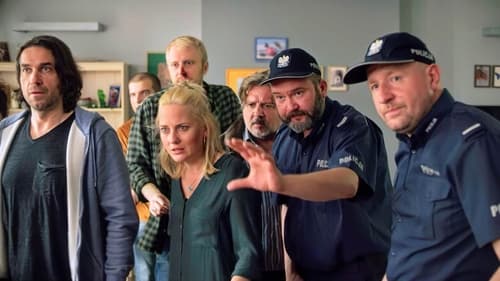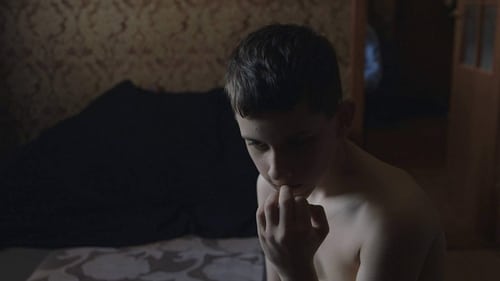
Cinematography
Mika arrives in Poland to pay a hospital visit to her father, who is suffering from severe brain injury and memory loss. It's the first time they have met in many years, yet her father thinks they still live together and she's a teenager. For a brief time Mika becomes her father's companion in his befuddlement gently guiding him through the labyrinth of his fading mind. And as she does so, she sets off on a journey through her own life.

Director of Photography
Mika arrives in Poland to pay a hospital visit to her father, who is suffering from severe brain injury and memory loss. It's the first time they have met in many years, yet her father thinks they still live together and she's a teenager. For a brief time Mika becomes her father's companion in his befuddlement gently guiding him through the labyrinth of his fading mind. And as she does so, she sets off on a journey through her own life.

Director of Photography

Director of Photography
When adults are ineffectual, children have to grow up quickly. Ola is 14 and she takes care of her dysfunctional father, autistic brother and a mother who lives apart from them and is mainly heard the phone. Most of all she wants to reunite a family that simply doesn’t work — like a defective TV set. She lives in the hope of bringing her mother back home. Her 13 year old brother Nikodem’s Holy Communion is a pretext for the family to meet up. Ola is entirely responsible for preparing the perfect family celebration. “Communion” reveals the beauty of the rejected, the strength of the weak and the need for change when change seems impossible. This crash course in growing up teaches us that failure is not final. Especially when love is in question.

Director of Photography
The Mayan doomsday prophecy looms over a dark night in Poland. A late-night radio host takes in calls from citizens expressing their concerns, predictions and speculations on what may happen when—or even if—the sun comes up. Simultaneously, a crisis centre dispatcher fields panicked calls from people experiencing real-life traumatic situations in need of immediate attention. The voices of these callers are interwoven with an intimate therapy session and a wandering taxicab to build a profile of a place where citizens want to be heard. Never showing the callers on the other end of the line, the film creates an aural overview of a darkened city. As the night progresses, the calls continue coming in, revealing the various struggles people are experiencing in dealing with conceptual fears and current woes—all in a world that soon may be over.

Director of Photography
The powerful echo of two schoolboys’ actions resonates as they reconstruct their crime and relive the pain of what they have done.



